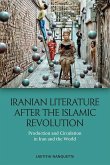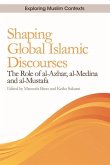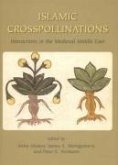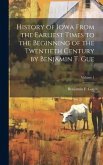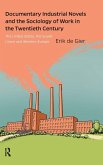Since the late 1800s, apocalyptic thought in Sunnī Islam has produced a wide range of societal attitudes about modernity. For some, apocalyptic thought encouraged an optimistic investment in the idea of social progress; for others, it encouraged a total rejection of society. Some apocalyptic thinkers attempted to reform existing political institutions, while still others sought violent upheaval or conquest. >In highlighting the many faces of Islamic apocalypticism from the last decades of the 19th century to the present era, this book dispels the notion that apocalyptic Islamic writings had a single fixed program. Moreover, it proposes new categories for understanding the relationship between Islamic apocalyptic thought and the political, social and technological changes of the long 20th century. Bringing to light numerous unstudied Arabic texts and considering previously undiscussed debates, this book corrects misconceptions about Islamic apocalypticism and enables a better understanding of the variety of thought that appears in apocalyptic materials published throughout the Arab World.
Bitte wählen Sie Ihr Anliegen aus.
Rechnungen
Retourenschein anfordern
Bestellstatus
Storno


